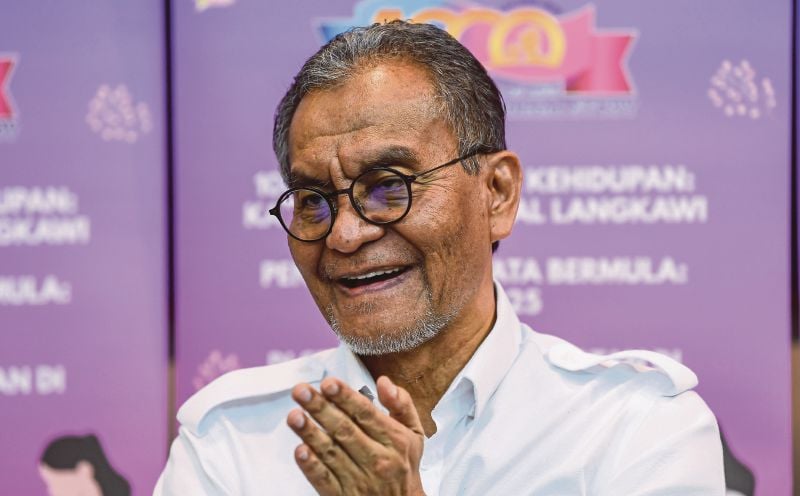
Two groups of high schoolers, one from Lebanon High School in New Hampshire, the other from Fajardo Academy in Puerto Rico, found themselves in several snowy situations last weekend. As flurries descended on the Hubbard Brook Experimental Forest in the White Mountains, the students strapped on snowshoes and ventured out into the cold. They measured snow, weighed snow, installed sensors under the snow – and made some more personal observations.
“I won’t forget the first time I sled,” said Gabriel Sosa, an 11th grader from Fajardo Academy. “Touching snow, making my first snowball – we had a snowball fight yesterday. It was fun.

” Sosa said he also enjoyed meeting new people, making friends, and learning about a project to use slingshots and velcro balls to track the spread of an invasive insect – the hemlock wooly adelgid. Meghan Wilson, a Lebanon High School teacher, and Briseida Fernández, a teacher at Fajardo Academy, organized the trip with the same goals as many exchanges: to give their students a chance to connect with each other. But they also wanted them to connect with science.
“I like my students to see that when doing science, we all do the same things wherever we go,” Fernández said. “The ecosystems are two different ecosystems. Biotic and abiotic factors are completely different.
But at the same time, the dynamics of the ecosystems are very similar.” Brendan Leonardi, the program and education manager for the Hubbard Brook Research Foundation, said the goal of the weekend was for students to understand the importance of snow. They learned about how it insulates underground habitats, how it recharges soil with water when it melts in the spring, and how cold temperatures are necessary for fun winter activities.
At one point, he said, the whole group was rolling around in the snow. “It was very immersive – like, this is winter, this is winter ecology,” he said. They also talked about how winters are getting warmer and less snowy.
Max Perriello, a tenth grader at Lebanon High School, said he’s seen the effects of warming winters in his own life. “I can remember when I was a kid, every Thanksgiving we'd be snowed in,” he said. Now, he said, snow isn’t as reliable.
For Gia McCarty, an eleventh grader visiting from Fajardo Academy, climate impacts at home look a little different. December and January have always been warm. But now, she said, they feel like another summer, with temperatures hotter than she’s used to.
“Also in the summer you get a lot of storms,” she said. “We’re constantly worried about hurricane season.” Learning from one another helped students see how climate change is happening everywhere, said eleventh grader Yaliet Santa Villafañe.
“It makes you realize that it is affecting everybody,” she said. “At first you're thinking only about where you live and how it will affect your living. But you have to realize that it's happening all throughout the world.
” Villafañe said learning about climate change comes with some fear – environmental shifts are happening fast, and looking at data makes that feel real. “People need to realize that that is happening, and it’s happening now,” she said. “And it will affect everyone if there’s not a change.
” Noelia Báez Rodríguez, a program coordinator with the Luquillo long-term ecological research site, accompanied the students on the trip. Her research site does the same kind of work as Hubbard Brook. Students from Fajardo Academy used data from the Luquillo site in school projects, which they presented to the New Hampshire students over the weekend.
Báez-Rodríguez said part of her goal for the trip was to show students that there are people everywhere committed to studying climate science. “I would like them not to be scared about things, but understand how and why those things occur in different types of ecosystems and environments and the repercussions of that,” she said. She says she’s hoping to show them that science is a career worth exploring, and there are places across the globe set up for gathering data on the natural world.
.















